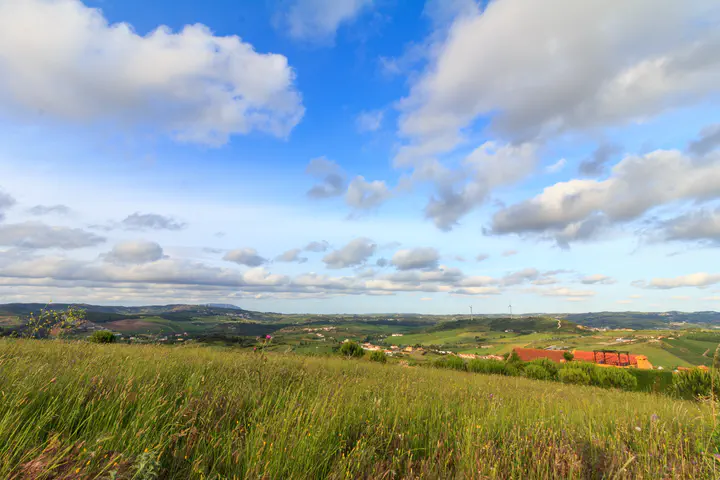Govern the common pool, as a wiser common group
Govern the common pool, as a wiser common group
 Image credit: Unsplash
Image credit: Unsplash
Overview
As an essential resource for human survival and social development, water is both strongly influenced by human activity and profoundly shaped human society. It means that everyone, from emperors to commoners, from engineers to entrepreneurs, needs to consider water-related issues. Unfortunately, we withdraw water unsustainably, or fail at water restoration. Whether you notice it or not, we are connected to other ‘agents’ in the same water cycle by using, storing, polluting, and so on…
As technology advances and the importance of water becomes more apparent, we think we have become wiser decision makers, managers and users of water, individually. BUT the truth is that water systems are being depleted and collapsing all over the world. So perhaps what we need to do more than anything else is to link social systems to hydrological systems, to deepen our understanding of this linkage using models that take into account the various ‘agents’ that manage the “common pool” as a wiser “group”.
A river basin is a complete unit of a hydrological system, so let’s start here … …
In river basins, water is a “common-pool” resource that is hydrologically connected. Agent-based modelling is a research tool that responds to social systems, especially by considering the interactions between different stakeholders. If we look at a socio-hydrological system, which consists of interactions between hydrological and social systems, at the basin scale, it is not in the interest to just maintain the natural hydrological cycle to its own devices, and it is also almost impossible to satisfy the demands of each stakeholders’ interest.
(1) Therefore, for such a complex system, our ultimate aim should be to focus more on finding solutions and development scenarios that enhance the resilience of the system based on the goal of overall sustainable development. (2) To this end, how we continuously address the challenges from the hydrological system would be a key theorical base, as it determines the way we think of the socio-hydrological system and find the approach that are more conducive to an overall increase in resilience in the future, based on a grasp of the development trends of the complex system from the many current solutions. (3) More specifically, at a time when stand-alone water engineering measures are becoming increasingly unsustainable, the integration of social systems and the development of effective institutional solutions are likely to be the resilience-oriented solutions to water governance in the future, and therefore the key role of institutions requires us to start with modelling the stakeholders of the basin.
My research attempts to provide an initial exploration of these issues, from the concrete to the macro. Specifically, I seek to analyse the complexity of socio-hydrological systems through a subject-based model that addresses the following scientific questions of “three -tions”:
- Institution: what is the key role that institutions can play in sustainable water governance?
- Evolution: are there evolutionary patterns in socio-hydrological systems when addressing water stress?
- Solution: based on the complex interactions of socio-hydrological systems, how societies to govern common-pool water sustainably?
Institution
To be added further.
Evolution
To be added further.
Solution
To be added further.